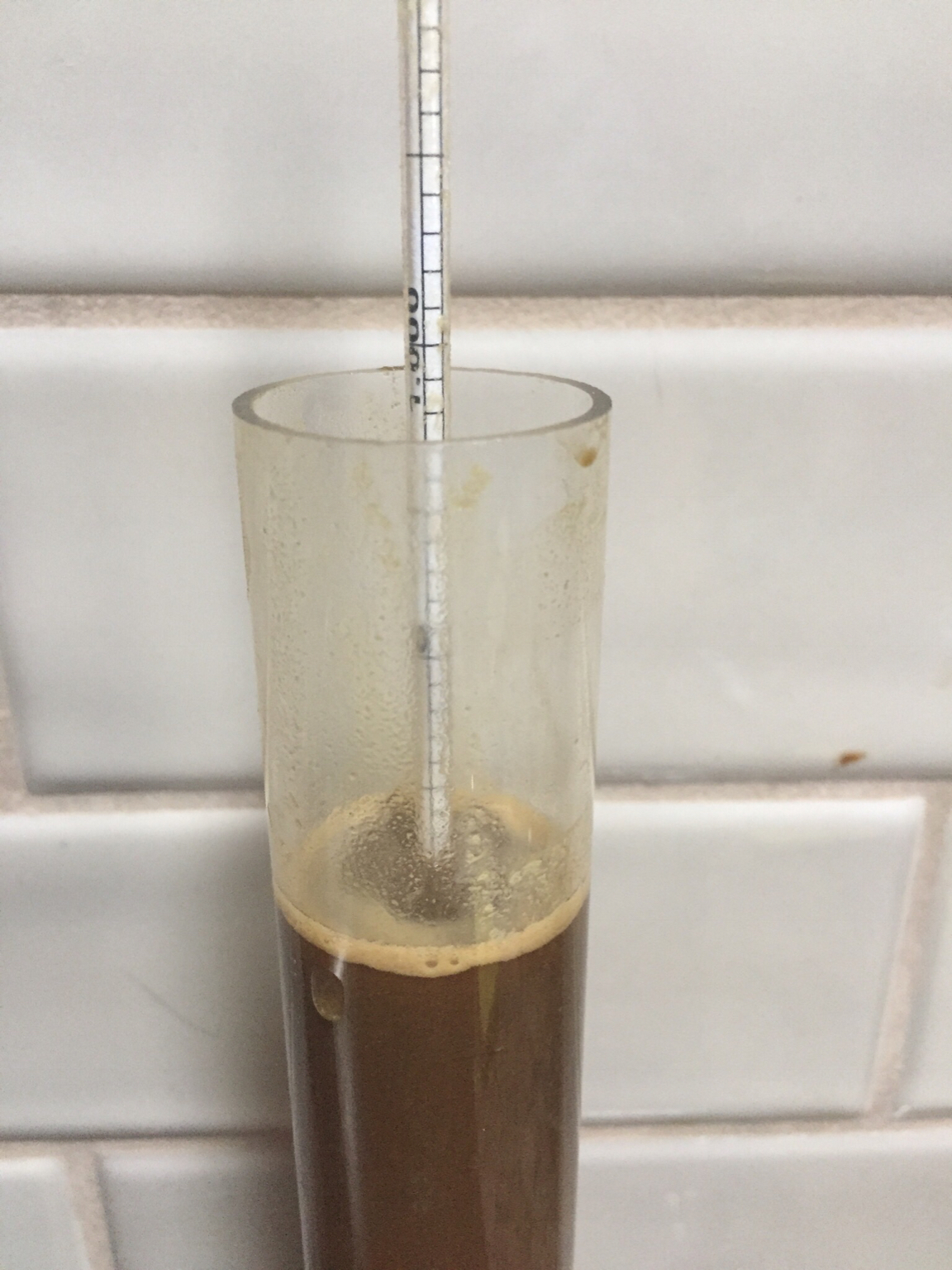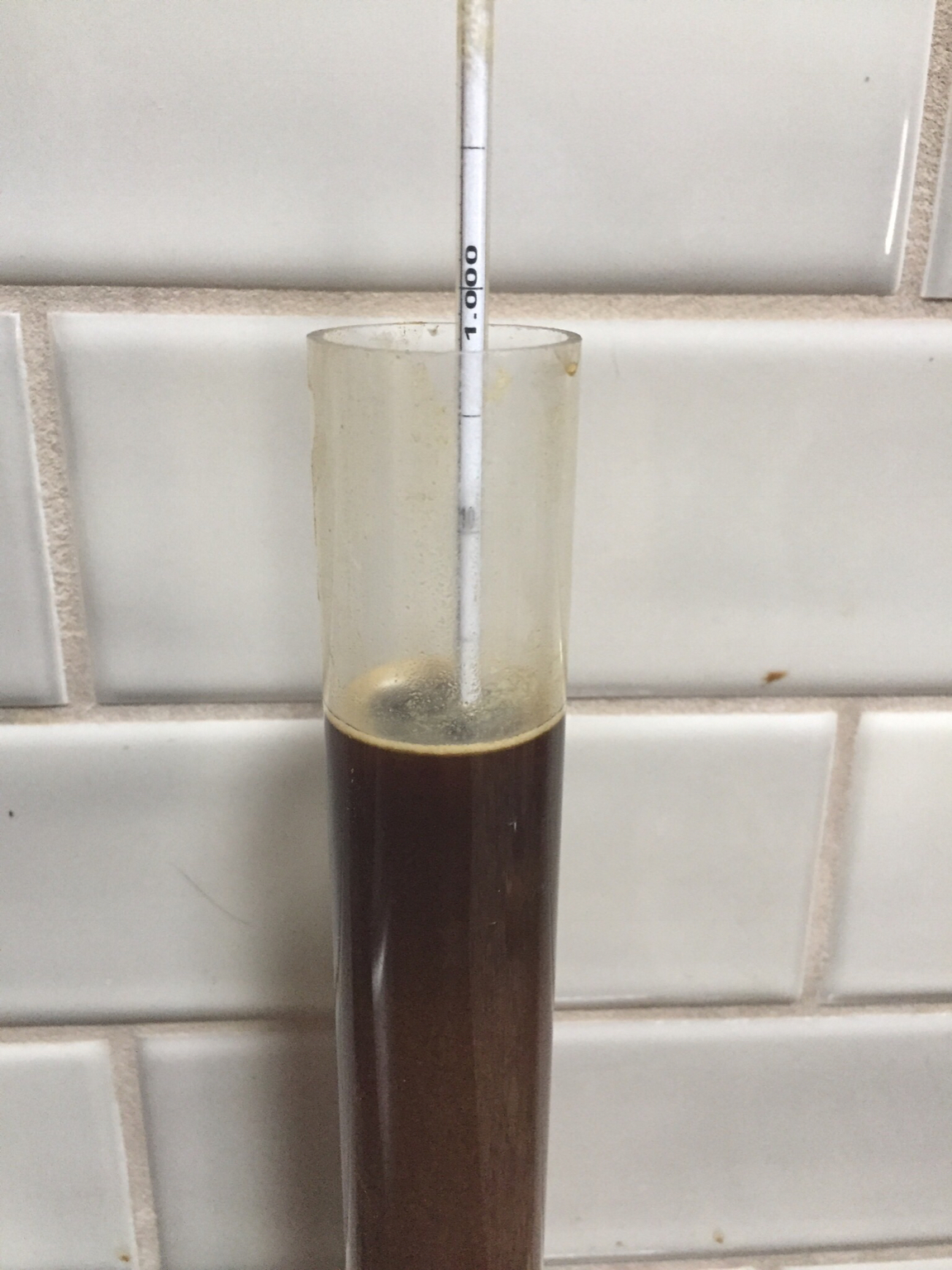Hi guys, I’ve been experiencing some anomalies between my refractometer and (calibrated) hydrometer readings for final gravity, and I’m starting to think it has a good deal to do with the fact that my FG readings use carbed beer. Here’s the last two scenarios that occurred:
Imperial Stout
OG 1.095, 22.7 Bx
FG 1.022, 11.4 Bx
Roggenbier
OG 1.054, 13.2 Bx
FG 1.019, 7.1 Bx
According to a reputable refractometer calculator, the FG for both beers is about 5-6 points off, and I was wondering if this could be attributed to CO2 in solution (both beers are carbed). Barring some unusual anomaly like both measuring tools being out of cal, I really don’t know which measurement is correct. I used to achieve 0.001-0.002 similarity between the two methods, now I’m not so sure.
Any thoughts from the crowd?
Imperial Stout
OG 1.095, 22.7 Bx
FG 1.022, 11.4 Bx
Roggenbier
OG 1.054, 13.2 Bx
FG 1.019, 7.1 Bx
According to a reputable refractometer calculator, the FG for both beers is about 5-6 points off, and I was wondering if this could be attributed to CO2 in solution (both beers are carbed). Barring some unusual anomaly like both measuring tools being out of cal, I really don’t know which measurement is correct. I used to achieve 0.001-0.002 similarity between the two methods, now I’m not so sure.
Any thoughts from the crowd?





